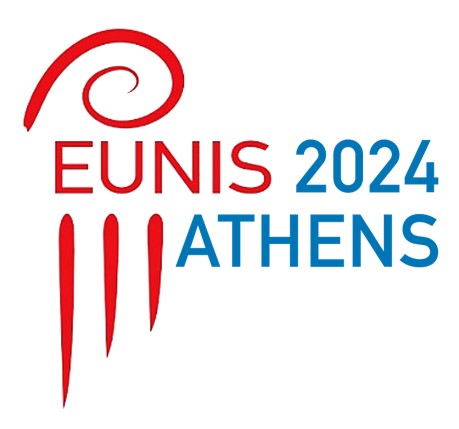This session consists of three presentations.
Featured Speakers
Pekka Kähkipuro, Tampere University, Finland:
Removing the Barriers to Digital Transformation Projects in Higher Education: Filling the Missing Links #93
The higher education landscape is undergoing a profound transformation driven by digital advances. Institutions are experiencing an unprecedented surge in digital projects spanning education, research, and professional services. However, the proliferation of these initiatives has given rise to challenges. Traditional centrally managed projects are becoming a bottleneck for advancement, and a free-for-all approach can lead to overlap and conflict in digital efforts. This paper addresses the identified barriers to transformation and proposes a comprehensive approach to fostering coordinated digital transformation in higher education institutions.
The proposed approach is based on three main elements. First, we propose the establishment of a centre of excellence for digital transformation. It is needed for coordinating the transformation and for performing necessary tasks that do not naturally belong to any other entity. Secondly, we propose to redesign relevant IT services so that they are more approachable for the rest of the organisation and work in tandem with the centre of excellence. Finally, there is a need to encourage process and service improvement initiatives throughout the entire organisation to create focused demand for digital projects.
Download the presentation
Sara Sintonen and Lara Anastasiou, CSC – IT Center for Science, Finland:
The roadmap for digitalization of higher education and research #95
The roadmap for digitalization of higher education and research is a tool for enhancing shared situational awareness on current and future development of the digitalization of higher education and research. It serves as a dynamic platform for disseminating information to diverse stakeholders, steering groups and networks. All stakeholders are invited to contribute fresh insights or details to enrich the digitalization roadmap or other sections of the portal. HEI and RI networks, along with other relevant IT steering committees are also encouraged to validate and provide data for the snapshot of the operating environment.
Furthermore, topical subjects outlined on the roadmap can be further explored in Digihuone (“Digiroom”), an inclusive online discussion held every few weeks and open to all interested parties. This inclusive online forum welcomes all interested parties to engage in discussions concerning forthcoming changes, trends, and policies in higher education, research, and innovation. Digihuone serves a a platform to address emerging opportunities that may not yet have an established platform, and collaboratively devise strategies to promote their advancement.
Moreover, the presentation seeks to inspire by emphasizing the importance of providing platforms where individuals can converge to exchange ideas and insights, shaping visions for the future of education and research. It highlights the transformative potential of collaborative dialogue and shared engagement in advancing the collective goals of the academic community.
Download the presentation
Angeliki Agorogianni, Aristotle University of Thessaloniki (AUTh), Greece:
2024 and Beyond: Navigating the Digital Shift – Leadership Strategies for the Future of HEIs in Europe #97
This study sheds light on HEIs in Europe, focusing on visionary leadership amid the everchanging digital transformation. The research first sheds light on the trends, challenges, and opportunities in the digital environment and then delves into the strategic stages for digital innovation while addressing barriers such as the digital divide, cyber security, and regulatory complexities. It emphasizes effective data governance and management, supporting clean, timely, and accurate data alongside accurate execution of processes.
This integrated approach combines data integrity with procedural consistency, enhancing decision-making and operational efficiency. Finally, it is worth emphasizing that this research’s results, approaches, and proposed actions are entirely consistent with the European Union’s strategy for digital education, which aims to create inclusive and innovative learning environments that are prepared for the future.
Download the presentation




